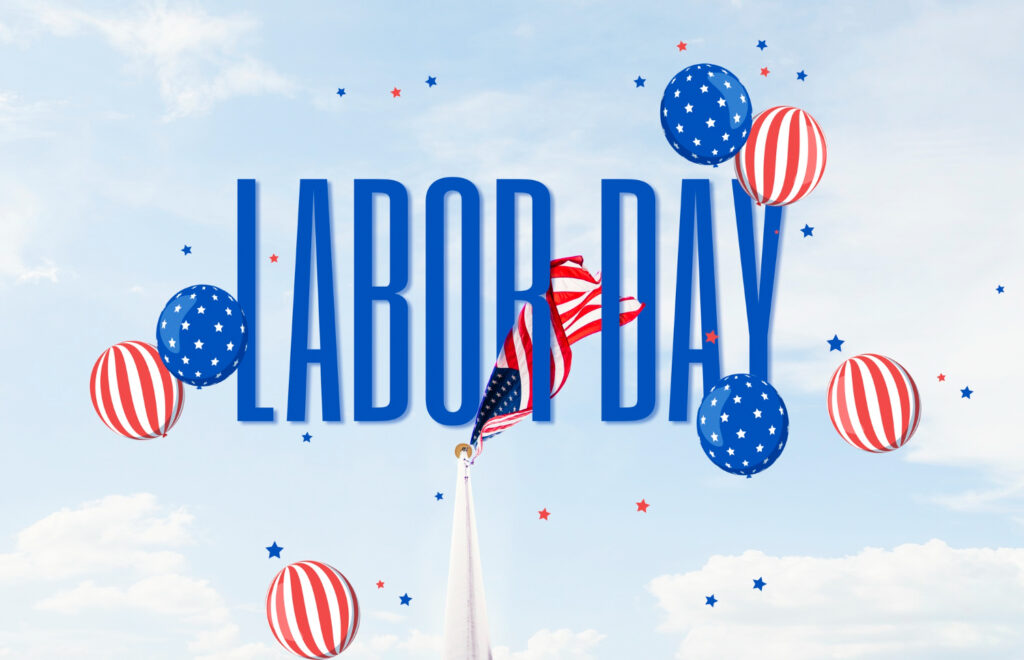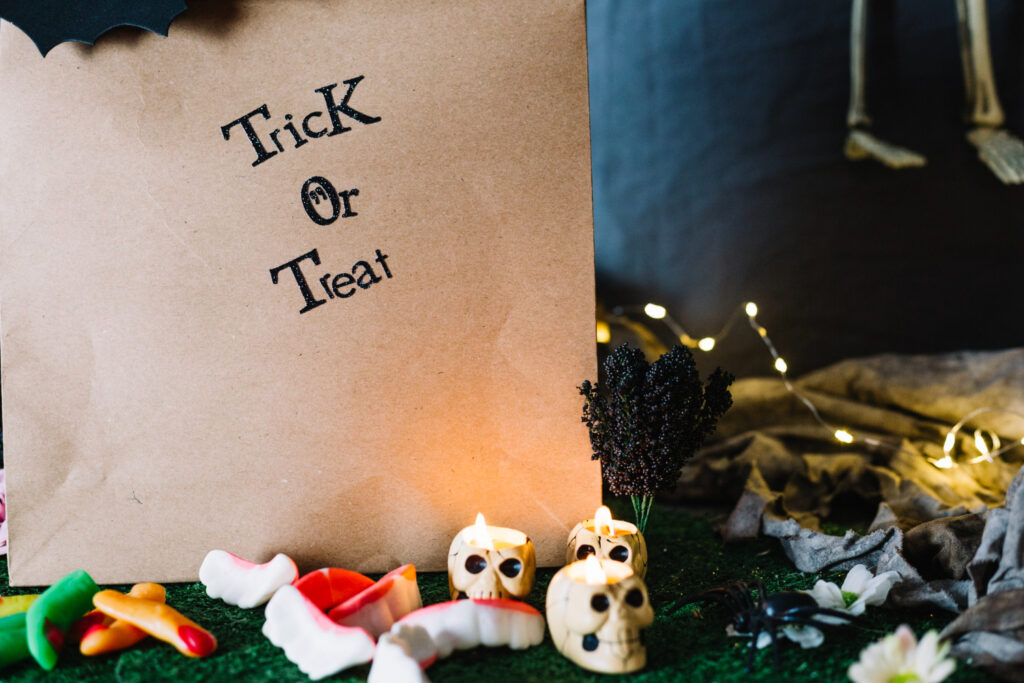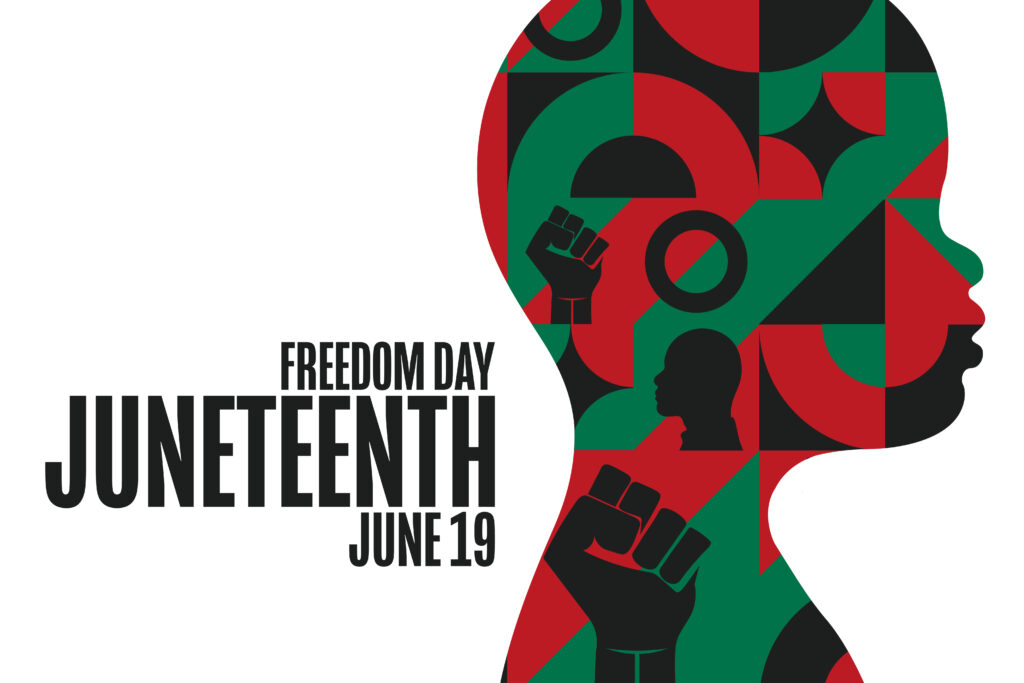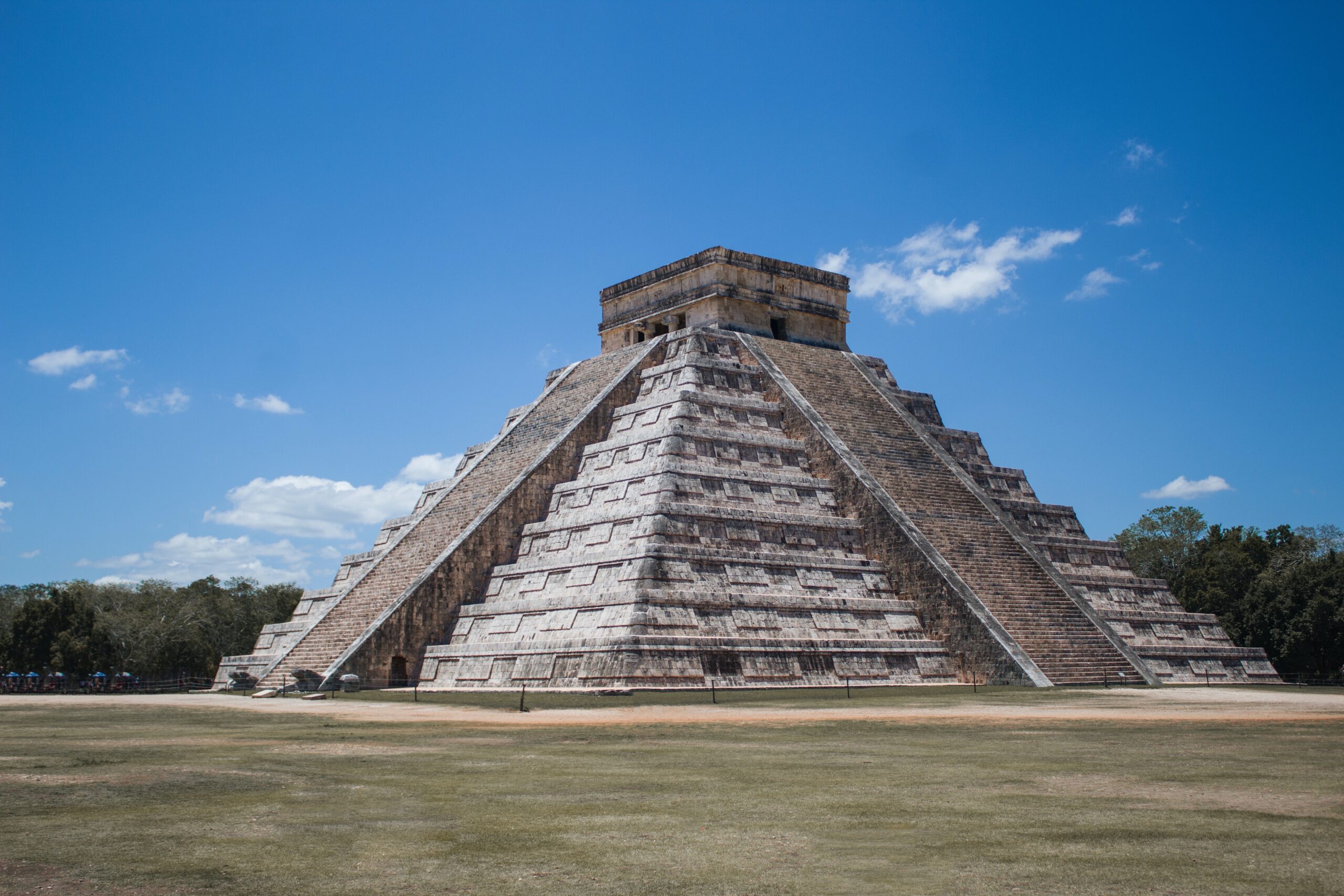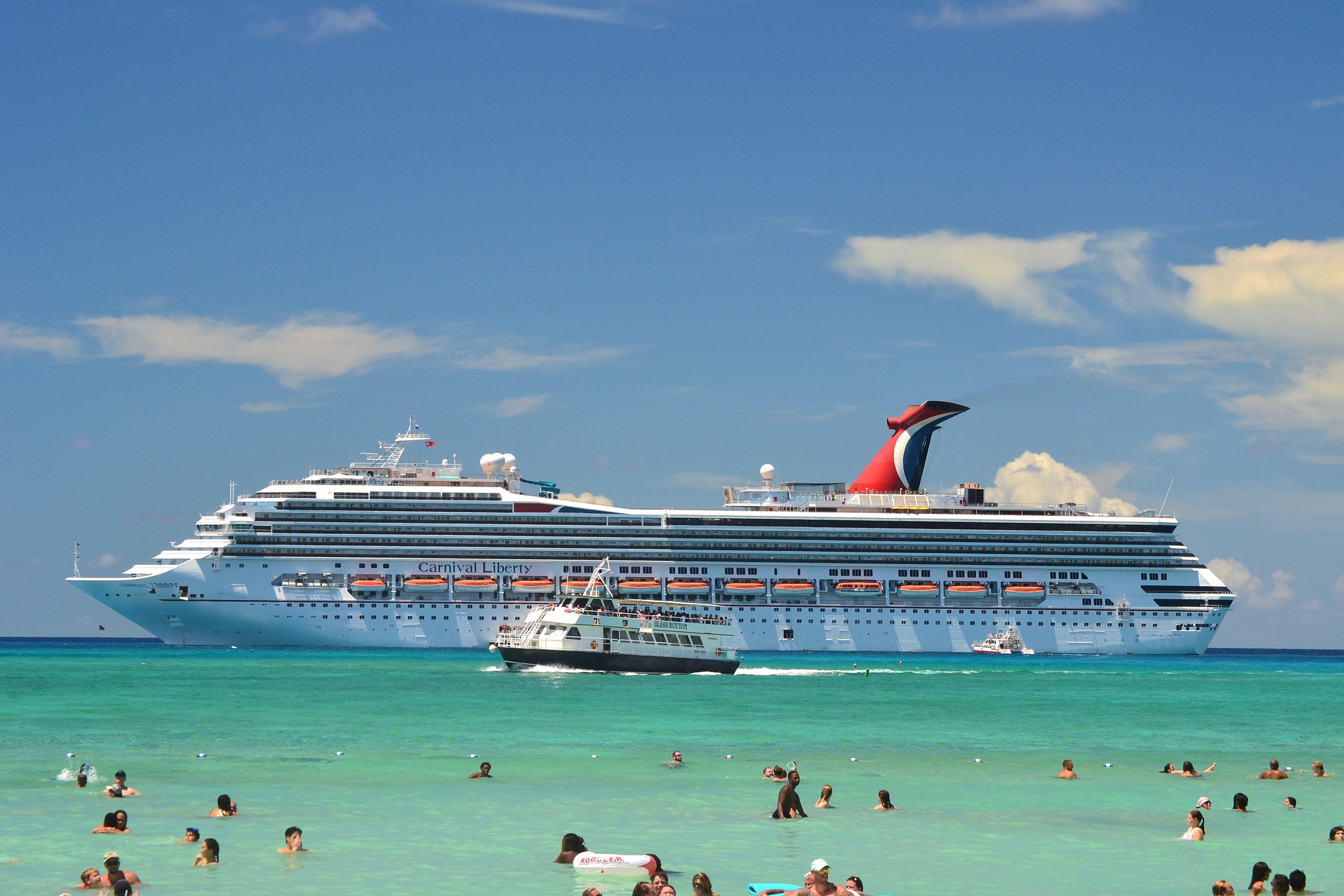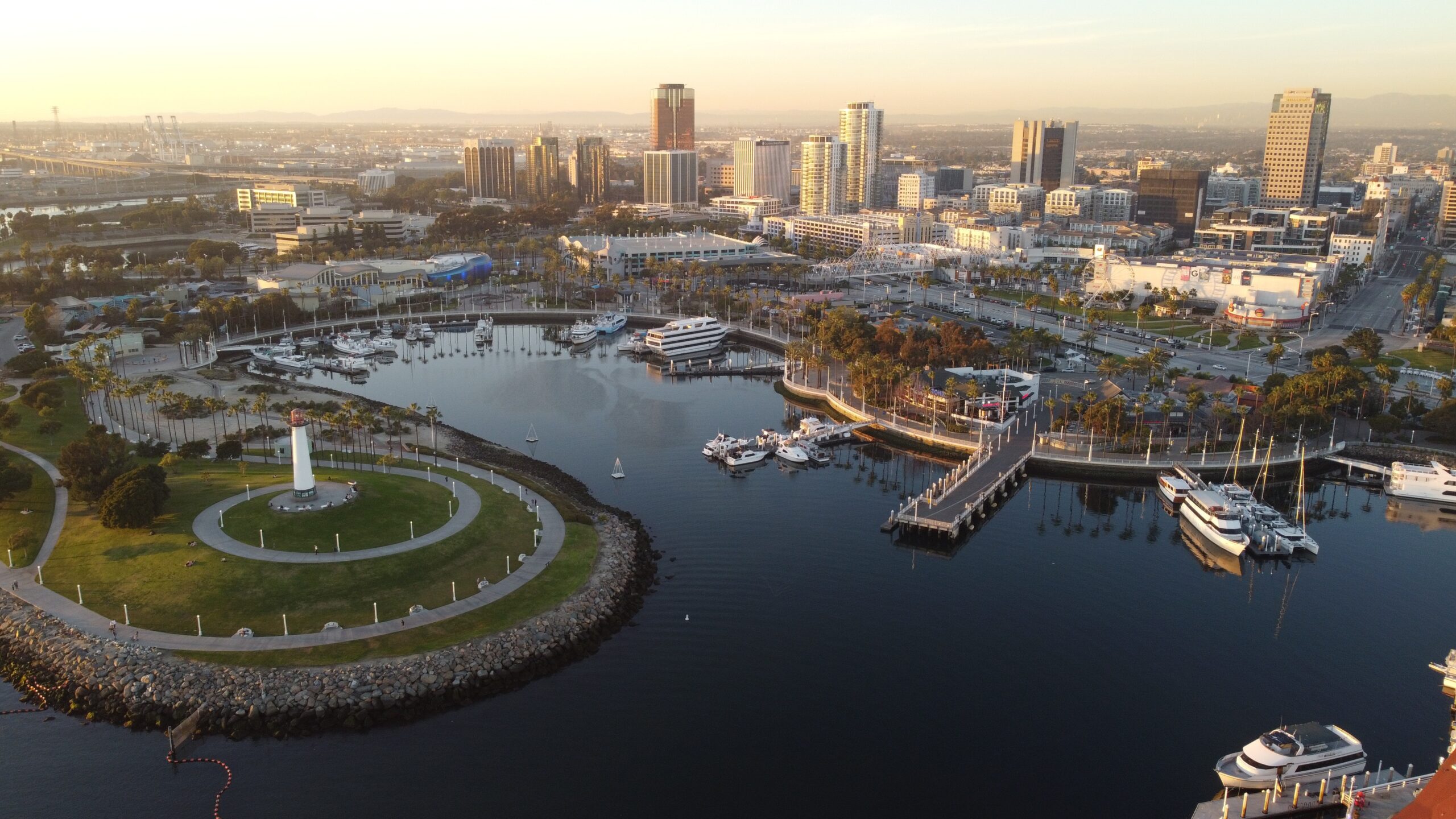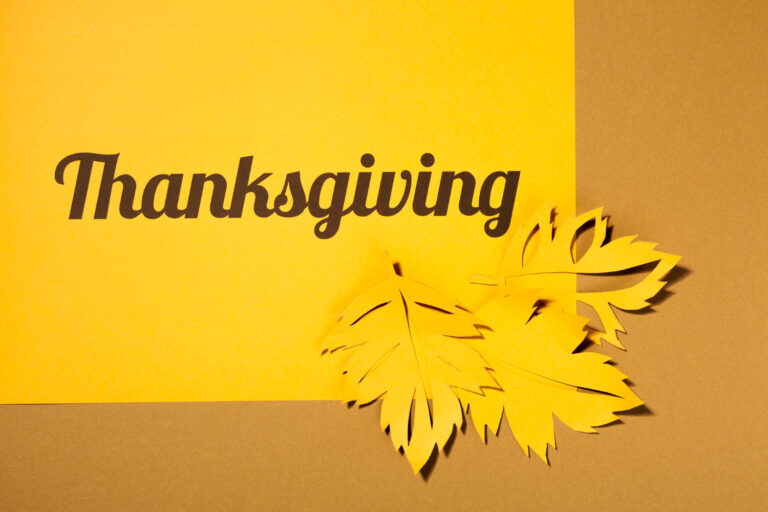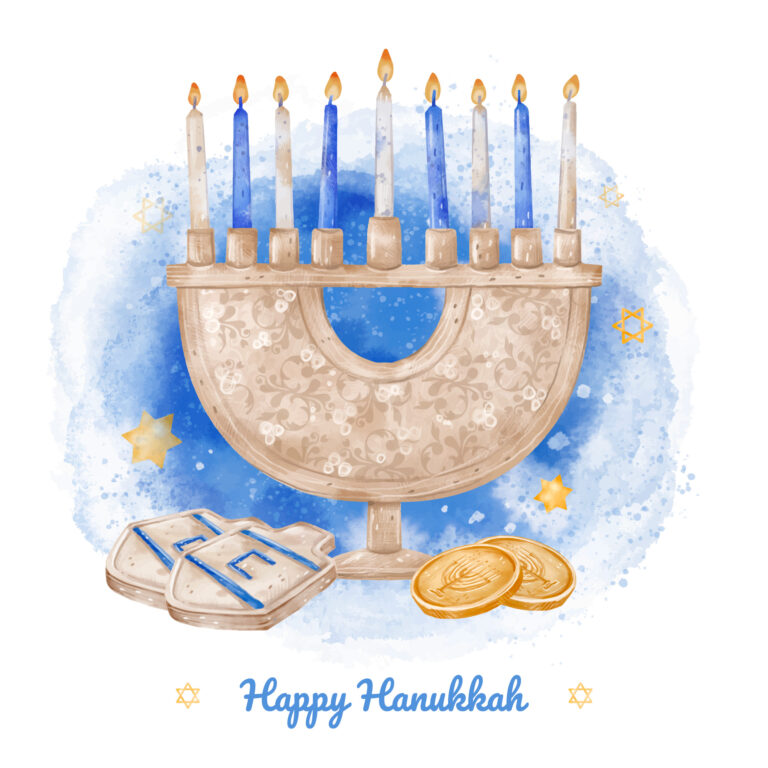Americans celebrate Juneteenth every June 19 in commemoration of the freeing of the remaining Texan slaves. Union forces used the power of the Emancipation Proclamation to forcibly assure adherence to the proclamation. Themes celebrated on the holiday includes freedom but also the broader issue of equal rights. The name comes from combining June with nineteenth.
Many events are held by observers with both private and community celebrations. Some may choose to barbeque at a pool party or a public picnic. A wide range of events may commemorate the holiday, including professional sporting events, street parties, honoring community service, educational events, flag raising ceremonies, rodeos, and many other recreational activities. Celebrations often feature décor designating a Juneteenth ceremony with banners and flags. In certain states, offices and schools will close.
Popular Juneteenth celebration foods are meats, especially barbequed, soup, pudding, rice, cakes and regional foods. Observers commonly drink Strawberry Soda or other red drinks, which have been so popular that the drink has become closely associated with the festival.
Some celebrations move to a weekend if the holiday falls on a week day in order to have larger and a wider range of celebrations. Churches will often hold prayer services. Juneteenth celebrations are more common in Texas. However, many other states celebrate since Juneteenth marks the day that slavery was completely abolished in the United States, as Texas was the last to enforce the Emancipation Proclamation.
History
America’s troubled history with slavery began well before the territory was even a country, arriving with the first European settlers. However, Texas’s implementation of slavery was more gradual since Spanish explorers dominated the territory, and they did not widely utilize African slaves—the Spanish typically enslaved native peoples in their territories south of modern-day United States in order to profit from their existing civilizations.
The Spanish and, after Mexico had gained its independence, then the Mexicans opened their borders and promised cheap land to settlers from the colonies, resulting in a larger African American slave population. Not long after Texas was admitted as a state it seceded to join the Confederacy. Lincoln issued the Emancipation Proclamation in 1863, but this was not enforced until Union troops arrived in Texas to start Reconstruction efforts on June 19, 1865. Reactions to these enforcements stood in stark contrast, as those who opposed slavery celebrated immediately but slave owners became incredibly anger.
General Gordan Granger landed at Galveston Island off the Gulf Coast with more than 2,000 troops in order to enforce the amendment, which many plantation owners had ignored along with Texas officials. These officials sometimes even advised Texans not to submit. Some claimed they felt a sudden change would be harmful to the South’s economy, wanting a gradual method instead. However, Granger’s forces took over enforcement. The Thirteen Amendment, which included abolition in the Constitution, was passed on December 18, 1865. Since Juneteenth was celebrated immediately after total abolition, it is considered the oldest holiday commemorating the abolition of slavery.







